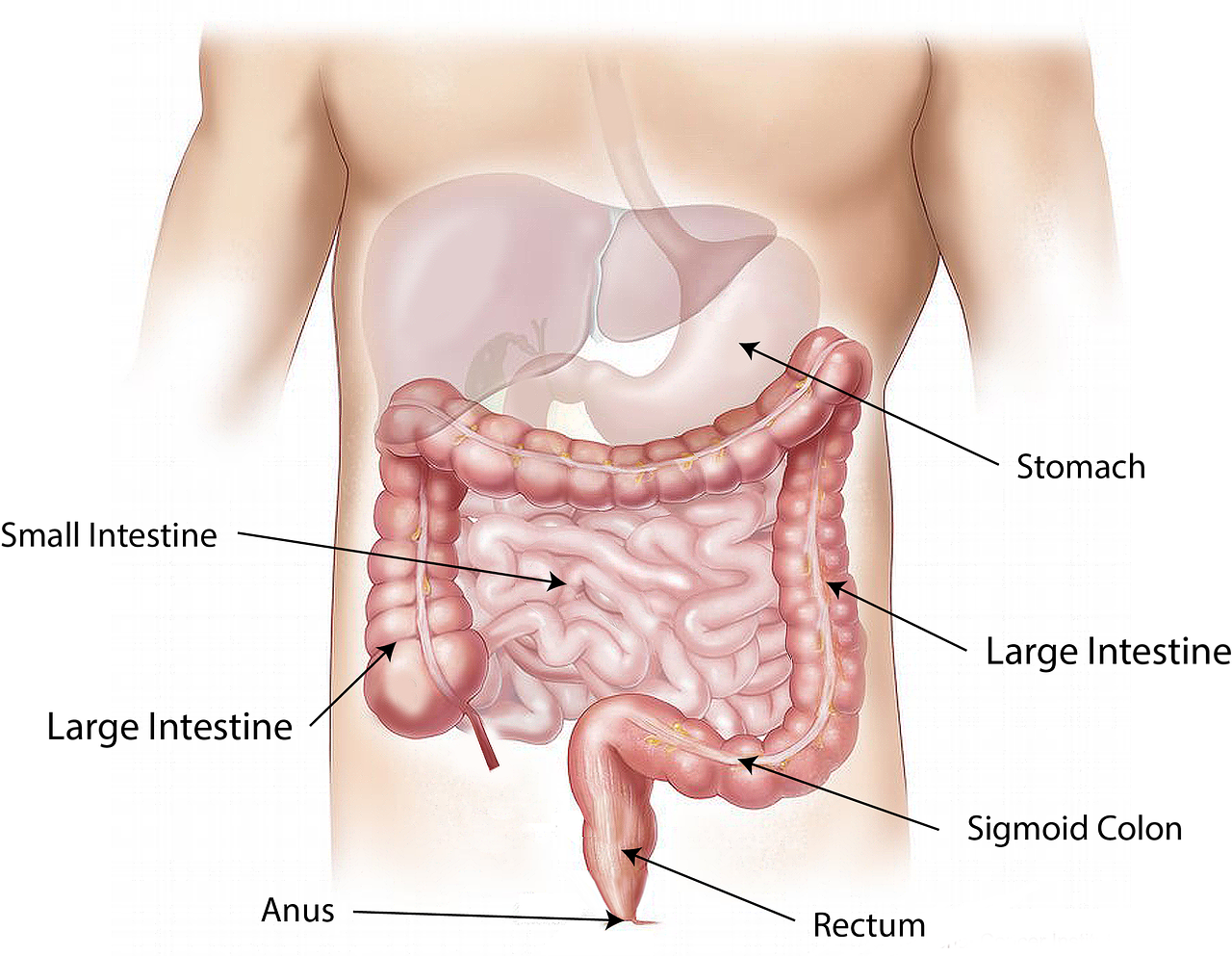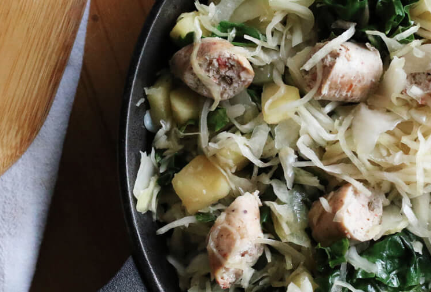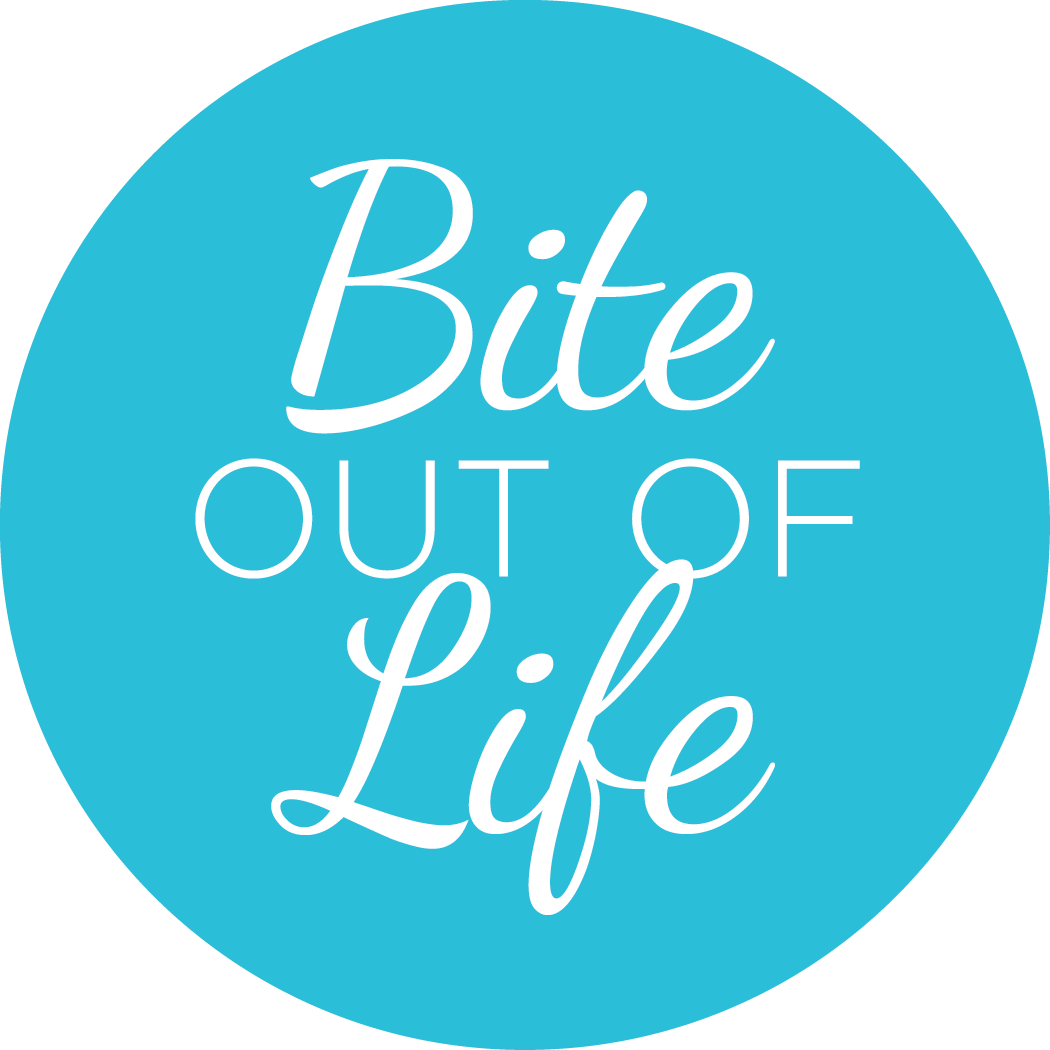
Imagine for a minute that it’s Saturday night. You decide to head out and catch up with some friends at an A.M.A.Z.I.N.G. restaurant. Lots of food, lots of fun and then on your way home…
Uh. Oh.
Weird sounds and sensations from your belly. Painful stomach cramps. You start clutching your abdomen – as if that will help. You feel bloated. You feel gassy. And you’re feeling like maybe that awesome meal you just had is going to be eliminated – and quickly, too. And there’s traffic. Lots of traffic. UGH! Nothing worse than the panic of where to find a bathroom and fast.
Best case scenario is that this is just a one-off occurrence – maybe it was just food contamination and as soon as the offending buggers get out of your system (not pleasant but probably quick!), it won’t take you too much longer to recover.
Unfortunately, for individuals living with IBS (Irritable Bowel Syndrome) or the more serious situation of IBD (Inflammatory Bowel Disease) such as Crohn’s disease or colitis, this can happen several times in a day, over the course of many days – with similar but varying symptoms ranging from mild to severe. To the point that those with these digestive issues – any of them – stop going out, stop going to work, stop eating almost everything, and stop enjoying life.
Because you just don’t know what’s going to happen. Or when.
Anyone else thinking ‘Holy Sh#t’!?
November is Crohn’s and Colitis Awareness Month and, well, it’s scary to think that 1 in 140 Canadians have been diagnosed with either one of these diseases. In both cases, there’s some form of inflammation along the gastrointestinal (GI) tract – so it not only affects how you’re feeling moment-to-moment after eating, but you may always need to be aware of the closest washroom(s) wherever you are. And, compared to other people, you may need to be extra vigilant about what you put in your mouth.
While the jury’s still out on what causes inflammatory bowel diseases, there is no doubt that there will always be foods that can worsen your condition and those that will be ok and even healing. If you have Crohn’s or colitis, it’s also a very real concern that you’re not actually absorbing nutrients – so it’s ideal to get 1-on-1 consultations with an experienced certified nutritionist in addition to your medical team.
For all of us, our gut is the portal to our overall health. While we may not experience such intense symptoms on a regular basis, nor that constant fear of a flare up, it’s important to nourish our digestive tract and take care of it as best as we can.
So, let’s go a little deeper into some pillars of gut health and how our gut microbes play into our overall health. Then I’ll give you tips to improve your gut health naturally. And a yummy recipe of course!
Our gut’s role in our overall health
Our gut’s main role is as a barrier. To let things in that should get in, and to keep things out that should stay out. Think of “absorption” of nutrients as things we want to let in; and “elimination” of waste as things we want to pass right through and out.
You’ve heard the term “leaky gut”? Yes, like a long tube with holes in it, it can allow things (bacteria, undigested food, and toxins) to get into our bloodstream – or our bodies – that can wreak havoc. And when your gut wall gets irritated from these foreign interlopers, it can “leak”. When this happens, you get inflammation, which is a starting point for many diseases that don’t seem linked to the gut but have a sneaky connection there.
Here’s something we tend to forget: about 70% of our immune system lives in and around our gut. So if you feel like you are always picking up whatever illness is getting passed around the office or your kid’s daycare – maybe it’s time to look at your gut health. Ensuring you heal that leaky gut and reducing inflammation is really the first pillar of good gut health.
Keeping your microbiome healthy is the second pillar of good gut health. Gut microbes help us digest and absorb nutrients. They fight off disease-causing microbes, make some vitamins for us, and have all kinds of other health benefits, like reducing inflammation and stabilizing blood sugar.
How to improve gut health
There are a lot of natural ways to improve gut health. Let’s start with what to stop.
It’s always best to eliminate the cause, so let’s stop giving our guts junk to deal with. Eliminate added sugars, processed foods, and alcohol – all known inflammatory substances.
You may also want to consider eliminating other potential gut irritants. Dairy and grains contain common compounds known to irritate some people’s digestive capacities. And of course it goes without saying that if you have any known allergies, sensitivities or intolerances for other foods, eliminate them too. There are ways of doing a rotating elimination diet that can help isolate what’s really the problem. An experienced holistic nutritionist can guide you through this process and educate you along the way.
So what do you need to add to boost your gut’s good health? By eating a wide variety of nutrient-dense foods, we allow ample macro- and micro-nutrients into our gut to maximize the chance for absorption. These nutrients help our bodies build and repair our gut, and every other body part as well. Some of the most nutrient-dense foods include dark leafy greens, colourful fruits and veggies, liver, and fish.
Remember those microbes we talked about? By ingesting probiotic-rich foods and drinks, we can help to replenish our gut microbes so the friendly don’t get overwhelmed by the not-so-friendly. These are found in fermented foods like kombucha, kefir, miso, sauerkraut, and kimchi – which you should be aiming to eat on a daily basis. See below for an awesome recipe that features sauerkraut!
One more thing: whole foods are full of gut-friendly fibre. Not getting enough fibre increases the risk of heart disease, cancer, diabetes, and obesity. And sadly, most of us do not get as much as we should which is 40 – 50g a day minimum. Most North Americans get 15g or less!
Fibre plays many roles in our gut, including whisking away some of those pesky bad bacteria and toxins so they can be eliminated. It also helps to feed those friendly resident microbes that help us absorb and digest our food better. What foods have a lot of fibre? Vegetables, nuts, seeds, fruits, whole grains for those who tolerate them well, and even raw cacao.
And don’t forget the uber-important lifestyle factors like getting enough sleep, stressing less, and getting the right type (and intensity) of exercise for you. It’s easy to forget some of the simple but key links there are between what we do with our bodies and how well they function – especially when it comes to gut health.
Conclusion
The function of your gut is key to your overall health. There are two pillars of gut health: maintaining a good barrier and maintaining healthy gut microbes.
The main ways to improve both of these naturally is by eating nutrient-dense whole foods. Foods filled with nutrition, probiotics, and fibre. And eliminating common gut irritants like added sugar, processed foods, and alcohol.
Recipe (Gut-Supporting): Sausage & Sauerkraut Skillet

Serves: 4
Ingredients:
- 10 oz Organic Chicken Sausage
- 1 Tbsp Coconut Oil
- 1 Yellow Onion (diced)
- 2 Apples (peeled, cored and diced)
- 2 Garlic Cloves (minced)
- 4 cups Swiss Chard (washed, stems removed and chopped)
- 2 cups Sauerkraut (liquid drained off)
Directions:
- Preheat oven to 350F. Line a baking sheet with parchment paper. Add sausage and bake for 30 minutes or until cooked through. Remove from oven and cut into 1/4″ pieces.
- Heat coconut oil in a frying pan over medium heat. Add yellow onion and apple. Sauté just until onion is translucent (about 5 minutes). Add garlic and sauté for another minute.
- Add swiss chard and continue to sauté just until it is wilted. Reduce heat to low and add in chopped sausage and sauerkraut and sauté for another minute or until heated through. Remove from heat and divide into bowls. Enjoy!
References:
https://www.healthline.com/nutrition/does-all-disease-begin-in-the-gut
http://crohnsandcolitis.ca/About-Crohn-s-Colitis
http://www.precisionnutrition.com/all-about-nutrition-gut-health
http://neurotrition.ca/blog/your-gut-bugs-what-they-eat-and-7-ways-feed-them
